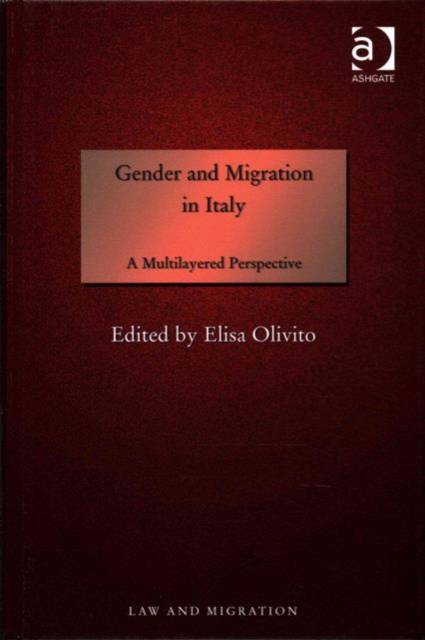
- Afhalen na 1 uur in een winkel met voorraad
- Gratis thuislevering in België vanaf € 30
- Ruim aanbod met 7 miljoen producten
- Afhalen na 1 uur in een winkel met voorraad
- Gratis thuislevering in België vanaf € 30
- Ruim aanbod met 7 miljoen producten
Zoeken
€ 216,45
+ 432 punten
Omschrijving
Recent migratory flows to Europe have brought about considerable changes in many countries. Italy in particular offers a unique point of view, since it is possible to observe not only the way migration has changed specific features of the country, but also how it is intertwined with gender relations. Considering both the type of migration that has affected Italy and the consequent measures adopted by the Government, a variety of distinctive elements may be seen. By providing a broad and more complete picture of the Italian perspective on gender and migration, this book makes a valuable contribution to the wider debate. The contributions consider the problematic linkage between gender and migration, as well as analyse particular aspects including Italian colonial past, domestic work, self-determination, access to social services, second-generation migrant women, family law, multiculturalism and religious symbols. Taking an empirical and theoretical approach, the volume underlines both the multifaceted problems affecting migrant women in Italy and the way in which questions raised in other countries are introduced and redefined by Italian scholarship. The book presents a valuable resource for researchers, academics and policy-makers working in the areas of migration and gender studies.
Specificaties
Betrokkenen
- Uitgeverij:
Inhoud
- Aantal bladzijden:
- 244
- Taal:
- Engels
- Reeks:
Eigenschappen
- Productcode (EAN):
- 9781472455758
- Verschijningsdatum:
- 4/12/2015
- Uitvoering:
- Hardcover
- Formaat:
- Genaaid
- Afmetingen:
- 188 mm x 241 mm
- Gewicht:
- 657 g

Alleen bij Standaard Boekhandel
+ 432 punten op je klantenkaart van Standaard Boekhandel
Beoordelingen
We publiceren alleen reviews die voldoen aan de voorwaarden voor reviews. Bekijk onze voorwaarden voor reviews.










